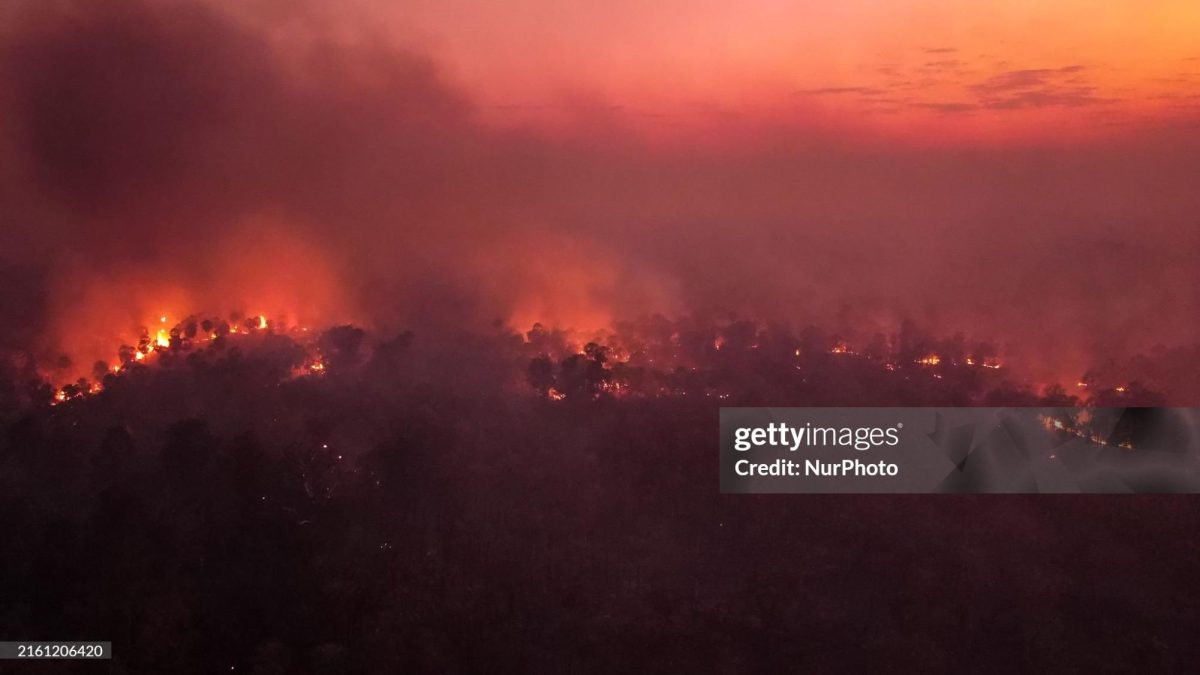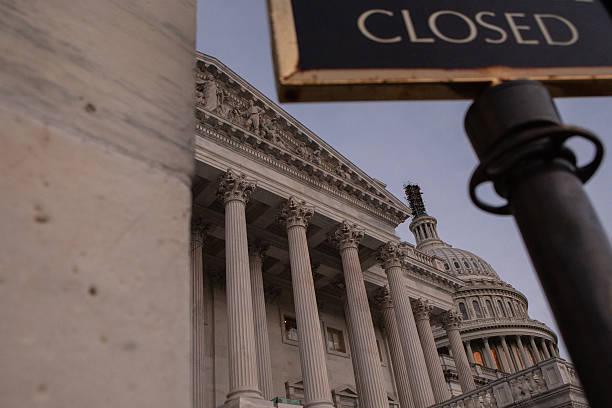The largest rainforest on Earth, the Amazon, is in grave danger. Spanning 2.72 million square miles, the Amazon is home to over three million species of plants, insects, and animals. However, over 42,000 square miles of this forest have been destroyed by fires in 2024 alone.
In recent months, South America, the home of the Amazon, has experienced one of the worst droughts it’s had in a long time, creating the perfect conditions for widespread wildfires, with over 350,370 forest fires recorded across the region. The drought has been so severe that parts of the Amazon River have become too shallow for boats to navigate.
While some of these fires result from mother nature, many were caused by human activity, particularly in Peru. Farmers intentionally start fires to clear land for agricultural purposes. According to the Peruvian government, these fires have tragically resulted in sixteen fatalities.
The Amazon Rainforest is key to keeping the Earth’s climate balanced. Often called the “lungs of the planet,” it absorbs much carbon dioxide and produces oxygen. The forest also stores around 100 billion metric tons of carbon, which is important in slowing climate change. However, as the fires destroy trees, that carbon is released back into the air, speeding up global warming. The fires are not only destroying vast areas of forest but also obliterating the habitats of countless species.
Firefighters across countries like Brazil, Colombia, Venezuela, Bolivia, and Peru are working endlessly to try and put a stop to the fires. Air pollution from the smoke is worsening, and Peru’s president has declared a state of emergency in three regions. In Bolivia, the air quality has become so hazardous that children are being advised to return to virtual learning due to the toxic air covering the region.
“The world is watching and cannot wait for the Amazon basin and other precious ecosystems in the continent to be saved from extinction. South American leaders must, more than ever, take urgent action to prevent climate catastrophe that could have irreversible consequences for the entire planet and future generations. The time to act is now,” said Ana Piquer, Director for the Americas at Amnesty International.
Many firefighters and environmental groups are working hard to put out the flames for the future of the Amazon, but they often lack enough resources. More international help, such as funding, is essential. These fires do not just affect the countries they are in, but they impact the entire world.
















